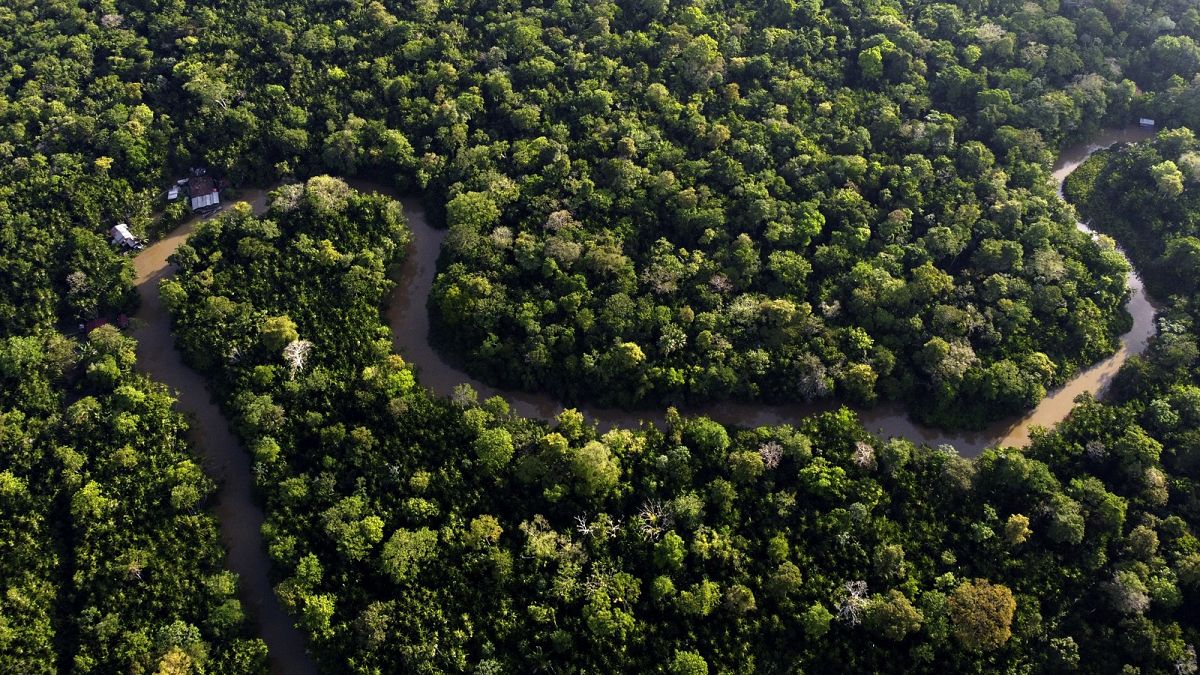The decision by the EU executive follows months of pressure by the industry and third countries calling on appropriate guidance to help companies to properly implement the deforestation law.
The European Commission announced today (October 2) a 12-month delay in the implementation of the deforestation law, responding to pressure from global partners and industry, who have been complaining about a lack of preparedness to timely comply with the law.
It also released guidance today that will provide “additional clarity” to companies and enforcing authorities to facilitate the application of the rules, the Commission said, reiterating the extension proposal “in no way puts into question the objectives or the substance of the law”.
A single point of contact for IT support for business operators, support to test the geolocation files and detailed multilingual user instructions about the system are among the new guidance to be developed by the Commission during the extra 12 months of phasing-in time.
Moreover, additional legislation will be proposed by the EU executive by 30 June 2025 following “intense dialogues” with most concerned countries.
Originally set to kick off on 30 December, the Deforestation Regulation has been in the spotlight of the EU executive’s work, having suffered increased pressure from industry, political groups and third countries affected by exports, saying the Commission had failed to offer appropriate guidance to help companies during the transition phase.
“Global partners have repeatedly expressed concerns about their state of preparedness, most recently during the UN General Assembly week in New York,” the Commission stated, adding the level of preparedness among business operators in the bloc was also uneven.
“While many expect to be ready in time, thanks to intensive preparations, others have expressed concerns,” the Commission added.
Agreed by EU lawmakers in 2022 and adopted by EU countries in June 2023, the Deforestation Regulation requires suppliers to certify that their goods — soy, beef, coffee, palm oil, rubber, cocoa, wood and its derivatives, like leather and furniture — are not sourced from areas that were recently stripped of woods to make way for farms and plantations.
“The [Deforestation Regulation’s] postponement is the inevitable consequence of the significant delay by the Commission in sharing guidance to support companies and the legitimate concerns expressed by the business community in this regard,” an EU diplomat told Euronews.
For MEP Pascal Canfin (France/Renew), the backlash against the deforestation law has been tied to “intense lobbying” from countries producing commodities at risk of deforestation and from agri-business giants, notably in Brazil and Indonesia.
“If there is resistance to change, it clearly indicates that this legislation [deforestation] addresses the root of the problem to combat deforestation in the areas of the planet where it is most prevalent,” Canfin wrote recently on LinkedIn.
But the outgoing EU High Representative of Foreign Affairs Josep Borrell said the implementation struggle is real and urged caution not to “alienate partners” with whom ties need to be strengthened.
“We have to admit that it [deforestation law] has created significant difficulties in our relations with important partners such as Brazil, Indonesia and the countries of West Africa.”
“It is important that all the measures we take in terms of economic diplomacy are precisely calibrated, discussed beforehand with our partners, and gradually implemented to enable them to adjust to these changes,” Borrell added.

